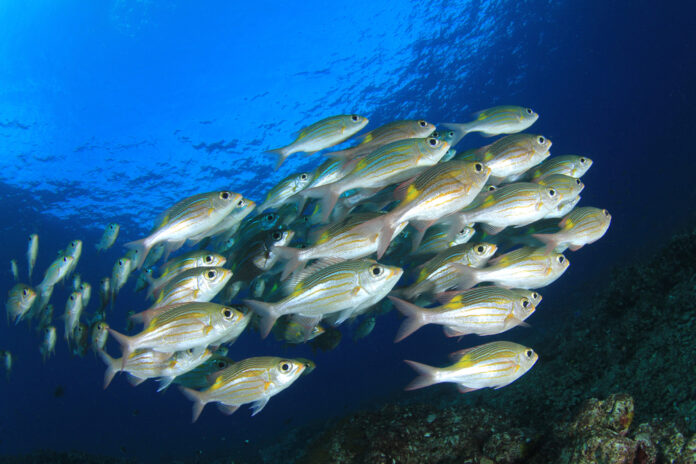Marine conservation groups remain optimistic that the Senate can still ratify the United Nations’ Biodiversity Beyond National Jurisdiction (BBNJ) Agreement—also known as the High Seas Treaty—within the current congressional session.
Advocates from the High Seas Alliance and Oceana, speaking at a briefing in Pasay City on Wednesday, expressed hope that the Senate would act quickly and in time for the third UN Ocean Conference in France on June 9. Doing so would position the Philippines among the early adopters of the first legally binding international treaty focused on conserving marine biodiversity in areas beyond national jurisdiction.
“By ratifying the Treaty, the Philippines will reaffirm its leadership in marine conservation, strengthen regional cooperation, and gain access to new scientific, technological, and financial resources,” said Rizza Sacra-Dejucos, Asia Regional Coordinator for the High Seas Alliance.
The BBNJ Agreement, adopted in June 2023, aims to address decades of fragmented governance in the high seas—areas covering nearly two-thirds of the world’s ocean surface. The treaty introduces mechanisms for creating marine protected areas, conducting environmental impact assessments, and ensuring fair sharing of benefits derived from marine genetic resources.
These benefits are especially relevant to the Philippines, one of the world’s 17 recognized megadiverse countries. Advocates stressed that ratification would grant the country access to global knowledge systems, scientific cooperation, and technical support critical to ocean conservation and sustainable use.
With 115 signatories and 22 formal ratifications so far, the treaty is steadily moving toward the 60 ratifications required to enter into force. Conservationists are hopeful that the Philippines will be among those leading the way.







